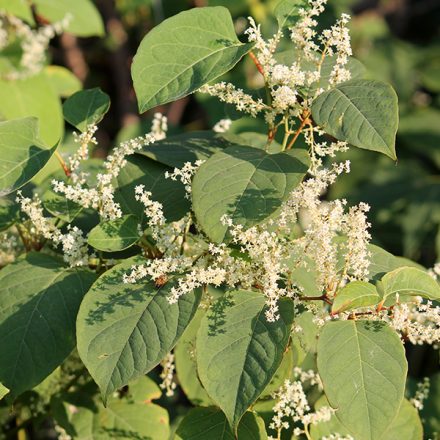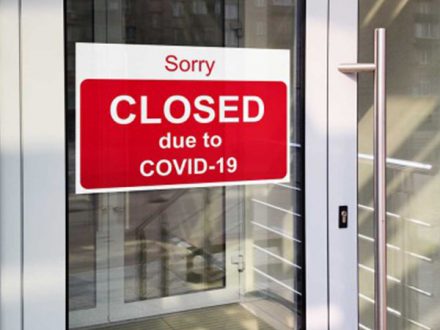Japanese Knotweed is one of the most invasive plants in the UK. It spreads rapidly by its roots. It can grow up to 10cm a day between the months of April and October. It is extremely difficult to eradicate from land. It can penetrate foundations, concrete hardstanding and walls and can cause considerable damage. The Government has estimated the costs of eradicating it from all of the UK at £2.6 billion.
Property value
Knotweed is a growing nuisance in the property sector. Its presence can adversely affect the value, marketability and insurability of land and buildings. Some mortgagees are reluctant to lend. Knotweed can cause problems for developers, homeowners and occupiers if it is not controlled and is allowed to spread to neighbouring land. It could result in a substantial pay out of compensation to the owner of the neighbouring land for loss of enjoyment of the land, property damage and costs of removal.
The law in relation to liability for Japanese Knotweed is developing
Two Claimants recently brought claims against Network Rail. Both Claimants owned properties alongside an active railway line, as well as an access path and embankment between the houses and the railway. Japanese knotweed was present and had spread from the embankment underneath the Claimants’ homes. The Claimants alleged nuisance for the physical encroachment of the knotweed onto their land, and the presence of it, which interfered with the use of and value of their properties. The Claimants alleged that Network Rail were liable to compensate them for the nuisance.
Both Claimants succeeded in their claims. The Court found that no physical damage had been caused to their properties. However, despite this, the Court held that the presence of knotweed on Network Rail’s land did unlawfully interfere with the Claimants’ right to undisturbed use and enjoyment of their land. The Court awarded each Claimant £4,320.00 for treatment of the knotweed, and circa. £10,000.00 for diminution in value of each property. Network Rail is appealing the decision and the decision is eagerly awaited.
More recently, the case of Smith v. Line reinforces the Court’s approach to liability for Japanese knotweed. The Court held that the property owner was liable in nuisance for a 10% diminution in the value of the Claimant’s £500,000 home, as a result of the spread of knotweed.
Landowners, sellers and buyers are understandably becoming increasingly concerned about the presence of Japanese knotweed. If you are a developer, you should check for any signs of knotweed at the site and on adjoining land. If you have a problem on your own land, then it is imperative that you are aware of the issues and your obligations to treat knotweed. Japanese knotweed is aggressive and can leave you in a tangle. Act with caution in order to minimise your risk and if in doubt, always seeks advice.









